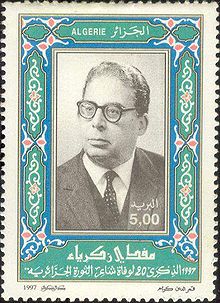OEDIPUS ON THE NILE
By Cormack, Raphael Christian (https://ergamegala.wordpress.com/)
[Retrieved from https://www.era.lib.ed.ac.uk/handle/1842/23624 on 06/08/2010]
Between 1900 and 1970 seven different versions of Sophocles’ play Oedipus
Tyrannos were performed or published in Arabic in Egypt. This thesis looks at the first 71
years’ history of this iconic Greek tragedy in Arabic and the ways it can be used to think
through the cultural debates of the period. The long history of contact between Greece and
Egypt and the 19th and 20th century interpretations of this history can be used to look at
different models of colonial and post-colonial cultural interaction. Classicism offered
Egyptian writers a constructive way of looking at their cultural identity and contemporary
world – a way which takes in to account the legacies of colonialism but also engages Greek
literature to create their own models of nationhood.
Following the history of performance and adaptation of the play throughout the 20th
century, this thesis offers close readings of the most prominent adaptations of Oedipus,
particularly those of Farah Antun (whose text was used for Actor-Director George Abyad’s
first version of the play in 1912), Tawfiq al-Hakim (1949), Ali Ahmed Bakathir (1949) and
Ali Salem (1970). Using performance and translation theory, I show how performance of
translated plays like Oedipus was a crucial but complex part of the formation of an Egyptian
dramatic tradition through the dynamic interaction of diverse views of what the theatre
should be, using, for instance, the role of singing in turn of the century drama. This thesis
also revisits and revises misconceptions about the relationship between Islam and theatre. In
addition to examining Egyptian Oedipus’ 19th and 20th century context, I also stress the
contribution of performance and adaptation to readings of the original text. In particular,
these versions of Oedipus ask questions about monarchical rule and democracy that form one
link between this classical play and 20th century Egypt.
Through its interdisciplinary approach as well as the close readings it offers, this
thesis aims to make valuable contributions to the fields of Arabic Theatre Studies and
Classical Reception in Colonial and Post-Colonial contexts as well as Performance and
Translation Theory.
Download




